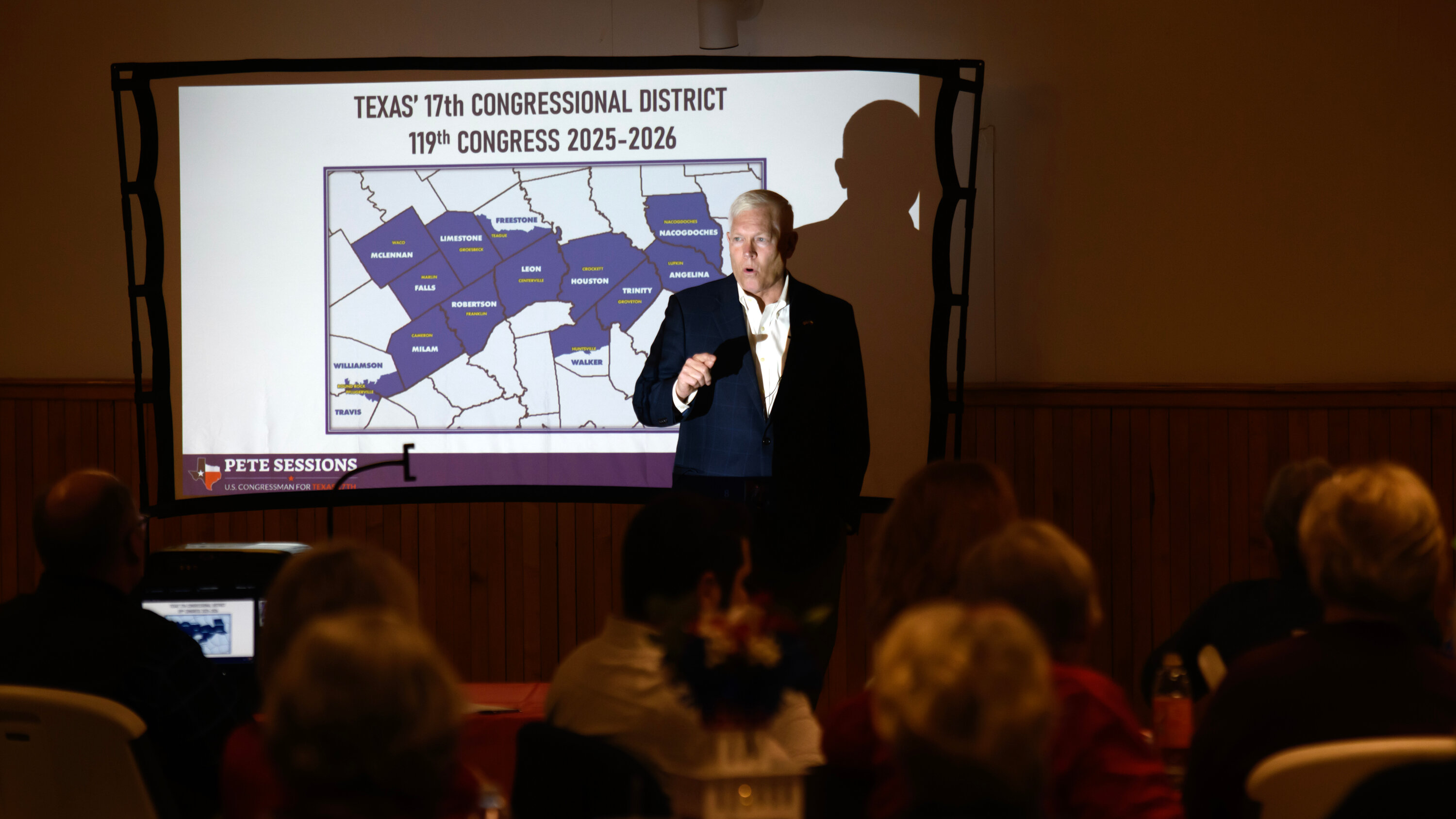Revolt at the Microphone: GOP Lawmakers Confront Voter Fury in Heated Town Halls

The Republican Party's initial honeymoon period is rapidly dissolving as GOP lawmakers face mounting anxiety and growing voter discontent across congressional districts nationwide. What began as a celebratory atmosphere following President Trump's inauguration has transformed into a complex landscape of political uncertainty and grassroots resistance.
Elected officials are now confronting unprecedented levels of public skepticism and passionate pushback from constituents. Town hall meetings have become battlegrounds of heated debate, with citizens expressing deep concerns about potential policy changes and the administration's direction. The once-comfortable political climate has been dramatically reshaped by a surge of civic engagement and political activism.
Republican representatives find themselves navigating a challenging terrain, where traditional political strategies seem increasingly ineffective against the backdrop of heightened public scrutiny. The initial optimism that characterized the early days of the Trump presidency has given way to a more nuanced and volatile political environment, forcing lawmakers to reassess their approach and connection with their electoral base.

